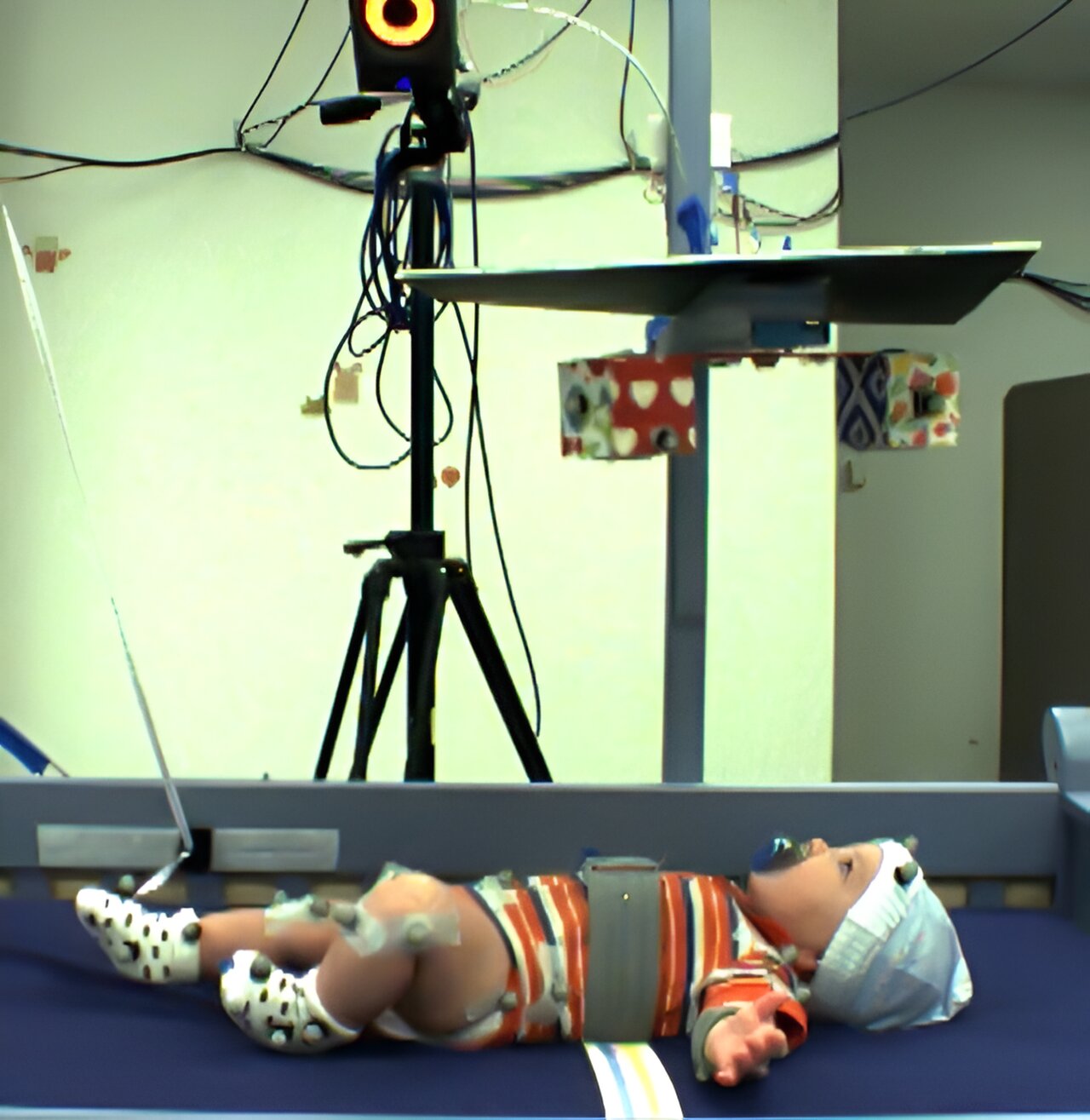People whose parents divorced during their childhood may be at a greater risk of stroke later in life, according to a new study published January 22, 2025 in the open-access journal PLOS One by Esme Fuller-Thomson of University of Toronto, Canada, and colleagues.
Each year, approximately 795,000 individuals in the U.S. have a stroke. Previous work has established many sociodemographic risk factors for stroke, as well as connections between adverse childhood events and stroke. In the new study, researchers looked specifically at the impact of childhood parental divorce among adults with no history of childhood abuse. They used data on 13,205 adults aged 65 and over from the 2022 Behavioral Risk Factor Surveillance System.
The study found that people who had experienced parental divorce before they were 18 years old had 1.61 times higher odds of having a stroke when compared to respondents who did not experience parental divorce (AOR=1.61, 95% CI=1.15-2.24). The association did not vary by sex, and remained even after controlling for known risk factors such as diabetes, depression, and small social support networks.
The current study was not designed to analyze the potential mechanism of this association, nor to prove causation. The conclusions may not be generalizable to younger generations, who have experienced overall higher rates of parental divorce. In addition, several potential confounding factors — including blood pressure, cholesterol, contraceptive use, age at parents’ divorce, and types of strokes — were not available in the data.
However, the authors say that their data supports an association between parental divorce during childhood and increased stroke risk, even in the absence of childhood abuse and other trauma.
Senior author Esme Fuller-Thomson adds: “It is extremely concerning that older adults who grew up in divorced families had 60% higher odds of stroke, even after excluding those who had been physically or sexually abused as children. The magnitude of the association between parental divorce and stroke was comparable to well-established risk factors for stroke such as male gender and having diabetes.”


